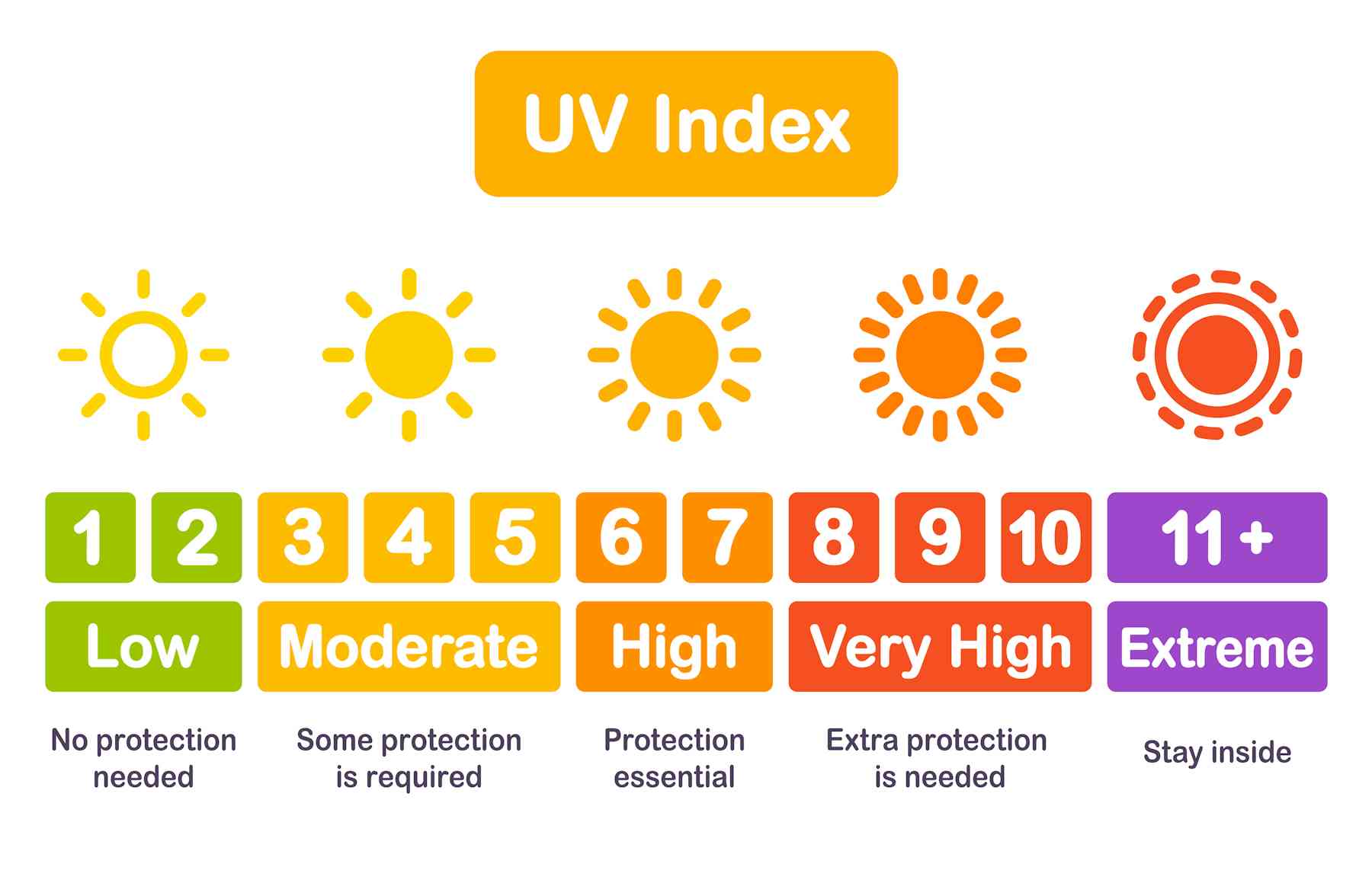What vitamin does the sun s ultraviolet rays help the skin produce vitamin d

What Vitamin Does the Sun’s Ultraviolet Rays Help the Skin Produce? Vitamin D.
Vitamin D is a crucial nutrient that our bodies require for various functions. While we often associate vitamins with foods and supplements, did you know that the sun’s rays can also help our bodies produce one essential vitamin? Yes, you guessed it right! The answer lies in the sun’s ultraviolet rays and their role in producing Vitamin D.
Vitamin D, also known as the “sunshine vitamin,” is produced in our skin when it is exposed to the sun’s ultraviolet B (UVB) rays. This unique process occurs in the skin’s outermost layer, known as the epidermis, promoting the synthesis of Vitamin D3 from cholesterol. Once produced, Vitamin D is then converted by the liver and kidneys into its active form, known as calcitriol, which can be used by our bodies.

The effect of the sun’s ultraviolet rays on Vitamin D production becomes particularly relevant considering that Vitamin D deficiency is a common problem worldwide. It is estimated that approximately 1 billion people suffer from this deficiency or insufficiency, making it a public health concern. Adequate levels of Vitamin D are important for maintaining healthy bones, teeth, and muscles, as well as supporting immune system function.
Apart from its role in bone health, Vitamin D has been linked to numerous other health benefits. Research suggests that it may help reduce the risk of chronic diseases such as cardiovascular disease, certain cancers, and autoimmune disorders. Additionally, maintaining optimal Vitamin D levels can improve mental health, as it plays a role in regulating mood and preventing conditions like depression and seasonal affective disorder (SAD).
While sunlight is a natural and effective source of Vitamin D, it’s important to strike a balance between sun exposure and protecting our skin from harmful UV radiation. Prolonged, unprotected exposure to the sun’s UV rays can lead to sunburns, premature aging, and an increased risk of skin cancer. It’s vital to practice safe sun habits, such as seeking shade during peak hours, wearing protective clothing, and applying sunscreen with sufficient sun protection factor (SPF) to reduce these risks.
For those living in regions with limited sun exposure or with certain risk factors that hinder Vitamin D production, dietary sources and supplements can help meet the required intake. Fatty fish like salmon, mackerel, and sardines, as well as fortified foods such as milk, cereal, and orange juice, can provide some Vitamin D. However, it is essential to consult a healthcare professional to determine the appropriate dosage and supplementation, as excessive Vitamin D intake can also have adverse effects on health.
In conclusion, the sun’s ultraviolet rays play a vital role in helping our skin produce Vitamin D. This “sunshine vitamin” is necessary for maintaining overall health and preventing various diseases. While sunlight is an excellent source of Vitamin D, it is crucial to balance sun exposure with skin protection. Adequate Vitamin D levels can also be achieved through a balanced diet and appropriate supplementation when necessary. By adopting healthy sun habits and understanding the importance of Vitamin D, we can promote optimal well-being and enjoy the benefits this crucial nutrient provides.
Source: Vitamin D Wiki
Tags
Share
Related Posts
Quick Links
Legal Stuff

